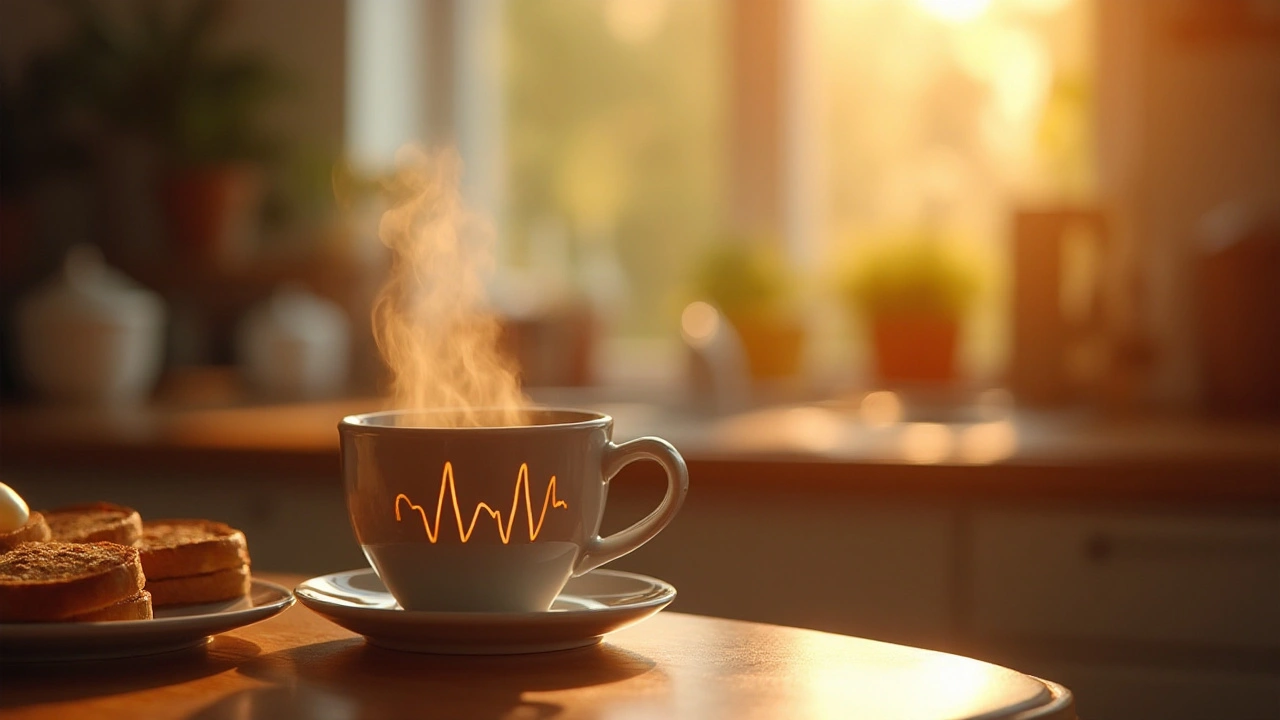Irregular Heartbeat: What It Means and What You Can Do Now
Feeling a flutter, skipped beat, or fast pulse? That’s what people call an irregular heartbeat or palpitations. Most of the time it’s harmless. Sometimes it points to a heart rhythm problem that needs care. This page explains common causes, warning signs, tests doctors use, and simple steps you can take right away.
Common causes and what you might feel
Irregular heartbeats happen for many reasons. Simple triggers include caffeine, alcohol, nicotine, stress, low sleep, or strong emotions. Medical causes include atrial fibrillation (AFib), premature ventricular contractions (PVCs), supraventricular tachycardia (SVT), low or high potassium, thyroid problems, and some medicines.
Symptoms vary. You may notice fluttering in the chest, a very fast or very slow pulse, lightheadedness, shortness of breath, or fainting. Some people only feel a brief skip. Others have ongoing pounding or breathlessness. Pay attention to how long an episode lasts and what you were doing when it started.
When to get urgent care
Call emergency services or go to the ER if you have chest pain, fainting, sudden severe shortness of breath, sudden confusion, or a blue face or lips. These signs can mean a serious problem. If your pulse is very fast (over about 150–180) and you feel weak or dizzy, seek help quickly.
If symptoms are milder but recurring, make an appointment with your doctor. Tell them how often episodes happen, how long they last, what you felt, and any medications or supplements you take. That information helps them choose the right tests.
Common tests include a resting ECG, a 24–48 hour Holter monitor, event monitors for longer recording, an echocardiogram to look at heart structure, and blood tests for electrolytes and thyroid function. Your doctor may refer you to a cardiologist or an electrophysiologist (a heart rhythm specialist).
Treatments depend on the cause. Lifestyle changes often help: cut back on caffeine and alcohol, quit smoking, get regular sleep, manage stress, and stay hydrated. Medicines used for rhythm or rate control include beta-blockers and calcium channel blockers. In AFib, blood thinners may be recommended to lower stroke risk. Some people need procedures like ablation or a pacemaker. Always discuss options with your doctor before starting or stopping drugs.
Track episodes in a simple diary. Note date, time, how you felt, what you ate or drank, and any recent stress or exercise. A phone-recorded pulse or smartwatch ECG can be useful to show your doctor. Bring a list of all medicines, including over-the-counter drugs and supplements.
Want more on heart meds and rhythm issues? Read our piece where cardiologists discuss daily isosorbide mononitrate and the article about nifedipine to understand how different heart drugs work. If performance anxiety or beta-blocker use is relevant to you, our article on short-acting beta-blockers explains options and risks.
If you’re worried about a pattern or a new symptom, contact your healthcare provider. Quick action can make a big difference when it comes to heart rhythm problems.
This article discusses how alcohol and caffeine consumption can influence heart rhythm, particularly focusing on the occurrences of irregular heartbeat. While some enjoy a morning cup of coffee or an evening glass of wine, these substances can have significant impacts on the cardiovascular system. It's crucial to understand how they can affect heart health, especially for individuals with pre-existing conditions. The piece delves into the science behind these effects, providing useful tips for managing and potentially reducing the risks associated with alcohol and caffeine consumption.

